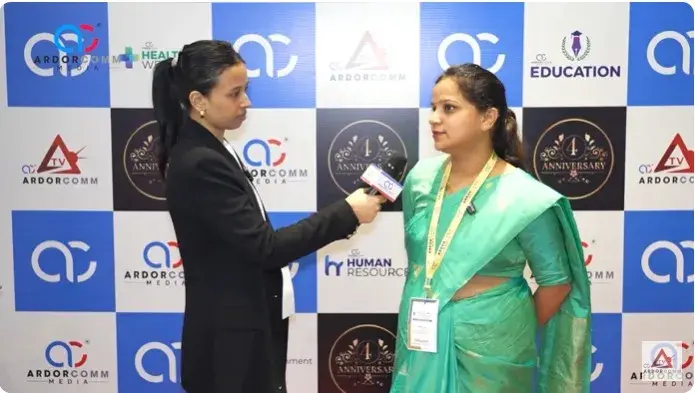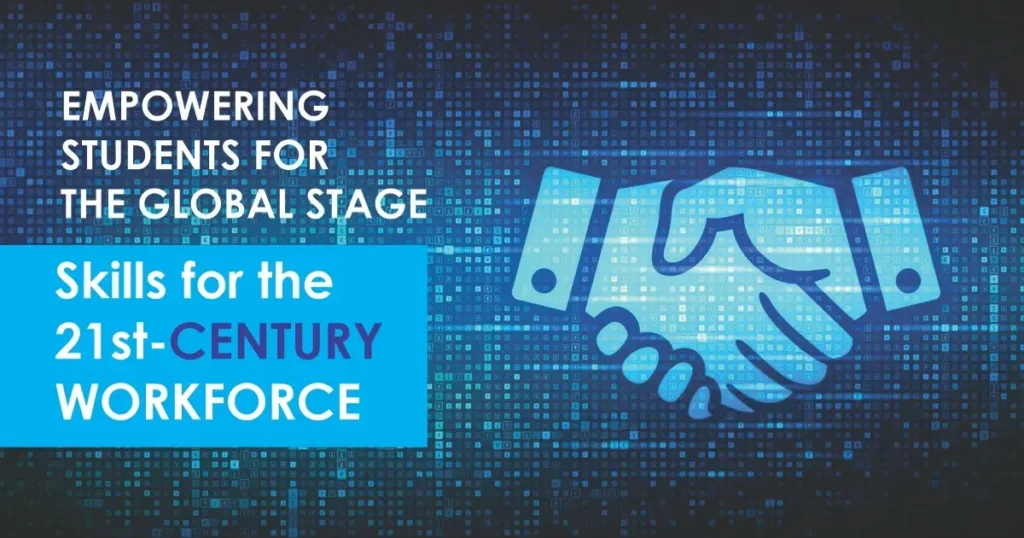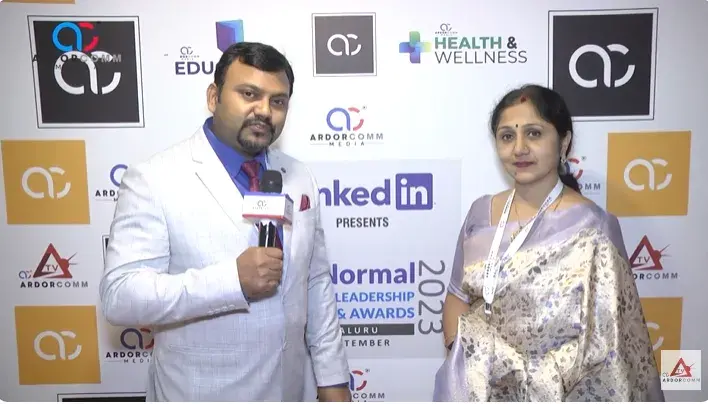Shaping the Future of Learning: National Education Conclave in Bengaluru
India’s education landscape is undergoing a revolutionary transformation, driven by digital innovation, skilling initiatives, and forward-looking policies. To accelerate this momentum, ArdorComm Media Group is proud to host its National Education Event – Digital Bharat Education Conclave (DBEC) Bengaluru 2025 on 19th September 2025. This Education Summit Bengaluru 2025 brings together policymakers, higher education leaders, K-12 institutions, EdTech pioneers, startups, and skilling experts for one of India’s most impactful national education events. With the theme “Digital India Rising: Transforming Education, Skilling & Employability,” the conclave promises powerful dialogues and collaborations that will shape the future of Indian education. Why Bengaluru? Known as the technology hub of India, Bengaluru is the ideal host for this Education Leadership Summit Bengaluru 2025. With cutting-edge digital infrastructure, a thriving startup ecosystem, and progressive education policies, the city offers the perfect backdrop for discussions on how technology can redefine learning, employability, and inclusivity. What to Expect at DBEC Bengaluru 2025 This education event in Bengaluru will feature: 6+ Expert Panel Discussions with leaders from higher education, school education, EdTech, and industry. 50+ Eminent Speakers sharing strategies for the future of learning. 150+ Higher Education Institutions & 100+ K-12 Schools participating. 2+ Roundtables on policy, digital transformation, and leadership. ArdorComm Education Leadership Awards 2025, honouring excellence in education and skills. Key Themes & Discussions The Education Summit Bengaluru will focus on: Building 21st Century Skills for the future workforce. Bridging digital divides for inclusive learning ecosystems. Rethinking higher education outcomes for employability. Leveraging AI, AR/VR, and EdTech innovations in classrooms. Strengthening public-private partnerships in education. These themes reflect the growing need for a national education conclave that doesn’t just respond to change but drives it. ArdorComm Education Leadership Awards 2025 A major highlight of this conclave is the prestigious Education Leadership Awards Bengaluru 2025, designed to celebrate changemakers across India. These awards honour institutions and individuals redefining education, innovation, and skilling. Award Categories: School Education Awards Higher Education Awards Skills & Training Awards EdTech Awards Bengaluru (Startup & Corporate) Education Leadership Awards in India Startup Awards celebrating disruptive innovations in learning This recognition positions the awards among the most credible education awards in India, inspiring stakeholders to continue transforming the sector. Why Attend This Education Event? By joining DBEC Bengaluru 2025, you will: Gain insights into national education trends and digital innovations. Network with India’s top education leaders, policymakers, and EdTech startups. Explore partnership opportunities for institutional growth and skilling initiatives. Celebrate excellence at the Education Leadership Awards. Conclusion: A Defining National Education Summit The Digital Bharat Education Conclave Bengaluru 2025 is not just an event—it’s a collaborative movement towards building a future-ready education ecosystem. With its blend of thought leadership, innovation showcases, and prestigious education awards, this summit cements Bengaluru’s place as the epicenter of India’s digital education revolution. Date: 19th September 2025 Venue: Bengaluru, Karnataka Theme: Digital India Rising: Transforming Education, Skilling & Employability Mark your calendars and be part of this National Education Conclave 2025 that will shape the future of learning, skills, and employability in India. For more details visit: https://ardorcomm-media.com/digitalbharat/bengaluru/ Stay updated with #DBEC2025 #EducationSummitBengaluru #DigitalBharatEducationConclave Also Read: Empowering Digital India through Education: Countdown to ArdorComm – Digital Bharat Education Conclave 2025 in Bengaluru
Shaping the Future of Learning: National Education Conclave in Bengaluru Read More »







